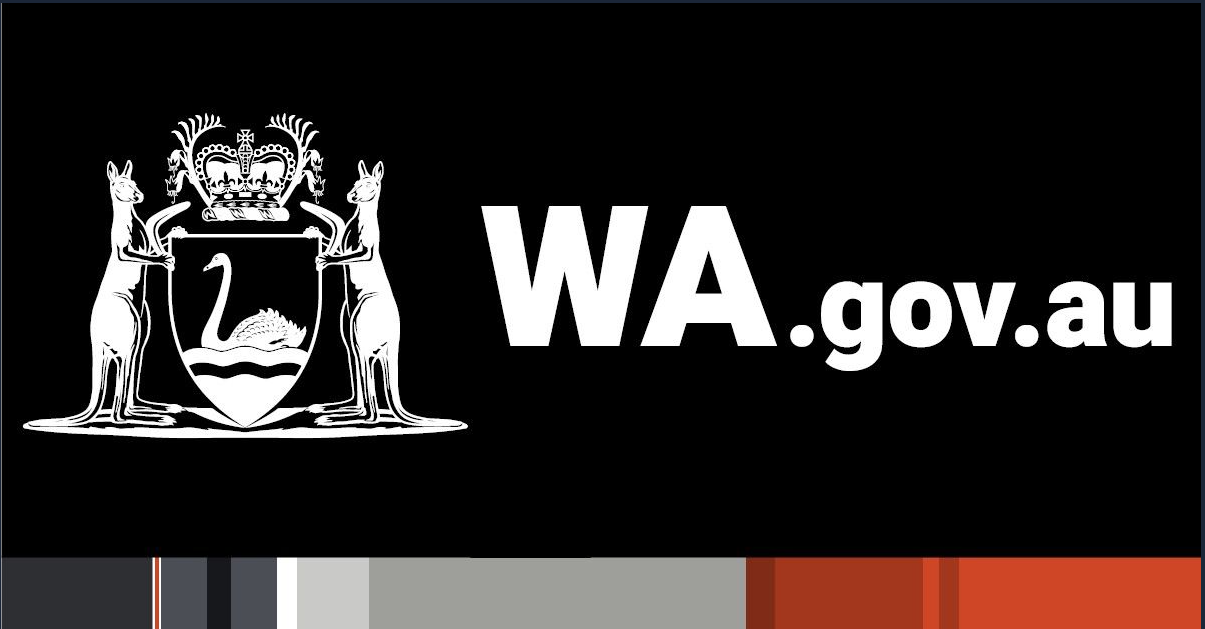Ohio Lawmakers Debate Allowing Patients to Demand Unproven Treatments
A new Ohio law grants patients experiencing a public health emergency the right to demand treatment with drugs for “off-label” purposes if the hospital’s physicians object.
This new legislation, a more moderate version than initially proposed, formally passed the Ohio Senate and is now under review by the House. It mandates hospital pharmacists to distribute a prescribed drug for off-label use within a public health emergency, with specified exceptions. However, if the hospital refuses administration, their doctors, under the new law, must allow a credentialed physician supporting the patient’s request to admit the patient and administer the drug.
Senator Nickie Antonio, a Lakewood Democrat, voiced her profound disapproval: “COVID will be with us a long time. Just the devastation, the loss of loved ones, people who are living with long COVID now. I mean, it doesn’t seem to stop,” she remarked.
"But all the lessons we took away, and the ways that we can improve upon our medical care system in the future, to have people self-prescribing in medical institutions, I do not believe that is the answer.”
The bill’s passage underscores the ongoing debate surrounding medical autonomy and prescribing practices. The Ohio State Medical Association (OSMA) initially supported the concept but reversed its stance, echoing concerns raised by opponents.
Monica Hueckel, an OSMA lobbyist, stated, “We issued a statement of support for the concept of off-label prescribing early in the process. We had no idea it would morph into this…”
The Ohio Hospital Association voiced “significant concerns” about the bill, yet acknowledged improvements that “narrowed” its scope.
One proponent, Julie Smith, poignantly recounted the tragic loss of her husband, Jeffrey, who died after contracting COVID-19. Their refusal to accept vaccination compounded the heartbreak when, despite seeking alternative treatments, a judge upheld the hospital’s decision to withhold ivermectin, a drug battling unsubstantiated rumors that it worked against COVID-19.
Smith lamented, “Devastated, I was left to try and answer my 9-year-old when she asked me why the hospital took daddy’s medicine away and why they didn’t want to help him get better,” OLIVER
Her husband’s physicians, including Dr. Daniel Tanase, opposed the bill, fearing patients may be exploited by questionable prescribing practices. Though unnamed, this case echoed their concerns. Three physicians fear medical
"During the COVID pandemic, our team was court ordered to administer ivermectin to one of our patients despite us unanimously opposing his treatment decision,” they wrote. “This caused significant stress to the team and we felt it went against our oath to do no harm.”
Further opposition arose from diverse physician groups and the Ohio Pharmacists Association, who observed that such legislation weakens safeguards against questionable purposefully implemented Commissions medical
"To allow a community physician, as permitted under HB73, to order a medication that is not deemed appropriate by the attending physician charge with the care and well-being of their patient could have catastrophic results, including patient death,” warned Matt Sapko, the chief pharmacy officer for Nationwide Children’s Hospital.
The clinical arguments, intertwined with emotional pleas, highlighted the fragmentation within healthcare.


